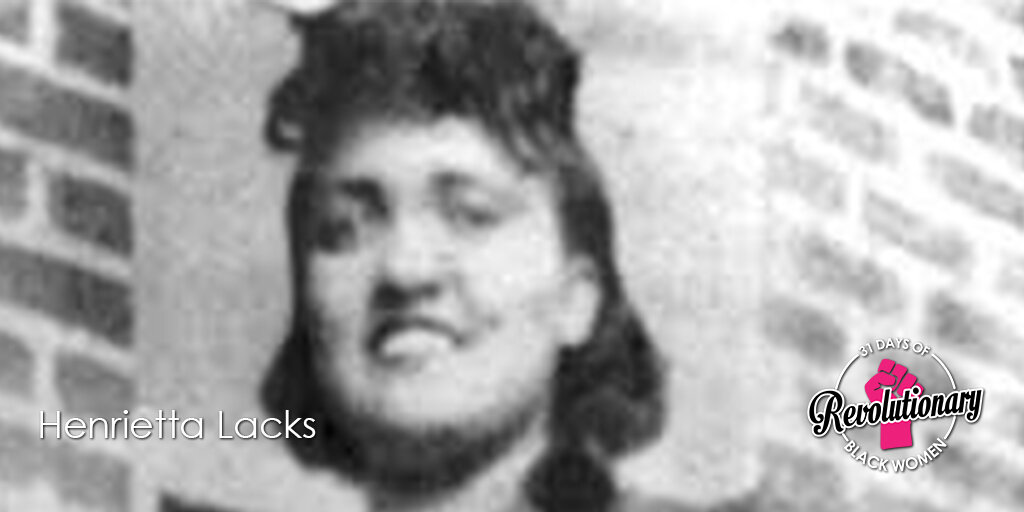Day 17 - Henrietta Lacks
In 1951, a scientist at Johns Hopkins Hospital in Baltimore, Maryland, created the first immortal human cell line with a tissue sample taken from a young black woman with cervical cancer. Those cells, called HeLa cells, quickly became invaluable to medical research—though their donor remained a mystery for decades.
The unknowing donor of those HeLa cells was Henrietta Lacks.
Henrietta was born Loretta Pleasant on August 1, 1920, in Roanoke, Virginia. Four months after the birth of her fifth child, Henrietta went to the dreaded hospital, John Hopkins. Most Black people living in the Baltimore area did not trust Johns Hopkins. It was segregated, so they were certain they would not receive the same quality of care as white people, and, worse, they would be used for medical experiments. There were rumors that surgeons routinely performed hysterectomies on Black women who came in with any type of abdominal or pelvic pain.
Henrietta could no longer bear the painful “knot on her womb.” Doctors at John Hopkins removed tissue from Henrietta’s cervix and later gave the tissue to Dr. George Gey, director of tissue culture research at Hopkins. He believed that if he could find a continually dividing line of malignant human cells, all originating from the same sample, he could find the cause of cancer—and its cure. Soon, Henrietta’s cells began to divide. And, unlike the other cells they had sampled, they did not die. Gey started giving the immortal cells to colleagues, saying they had come from a woman named Helen Lane.
Within two years, HeLa cells had been put into mass production, commercialized, and distributed worldwide, becoming central to the development of vaccines and many medical advances. By 2017, HeLa cells had been studied in 142 countries and had made possible research that led to two Nobel Prizes, 17,000 patents, and 110,000 scientific papers, thereby establishing Henrietta’s role as the mother of modern medicine.
Henrietta had died on October 4, 1951. No one told Henrietta, her husband, or her family that her cells still existed. No one mentioned the hopes and plans for HeLa cells. No one asked permission to take them or use them.
Lacks’ "immortal" cells have been a fixture in the medical research community for decades. They helped develop the polio vaccine in the 1950s; they traveled to space to see how cells react in zero gravity; they even aided in producing a vaccine and reducing HPV infections—and subsequently instances of cervical cancer—in girls and women.
Today, HeLa cells are still being used for research. And, today a Black Woman’s family is still unpaid for Henrietta’s life-saving work.
Black Women, the gift that keeps on giving.
#HenriettaLacks #HeLaCells #giftthatkeepsongiving #31RevolutionaryBlackWomen #Revolutionary #Revolution

